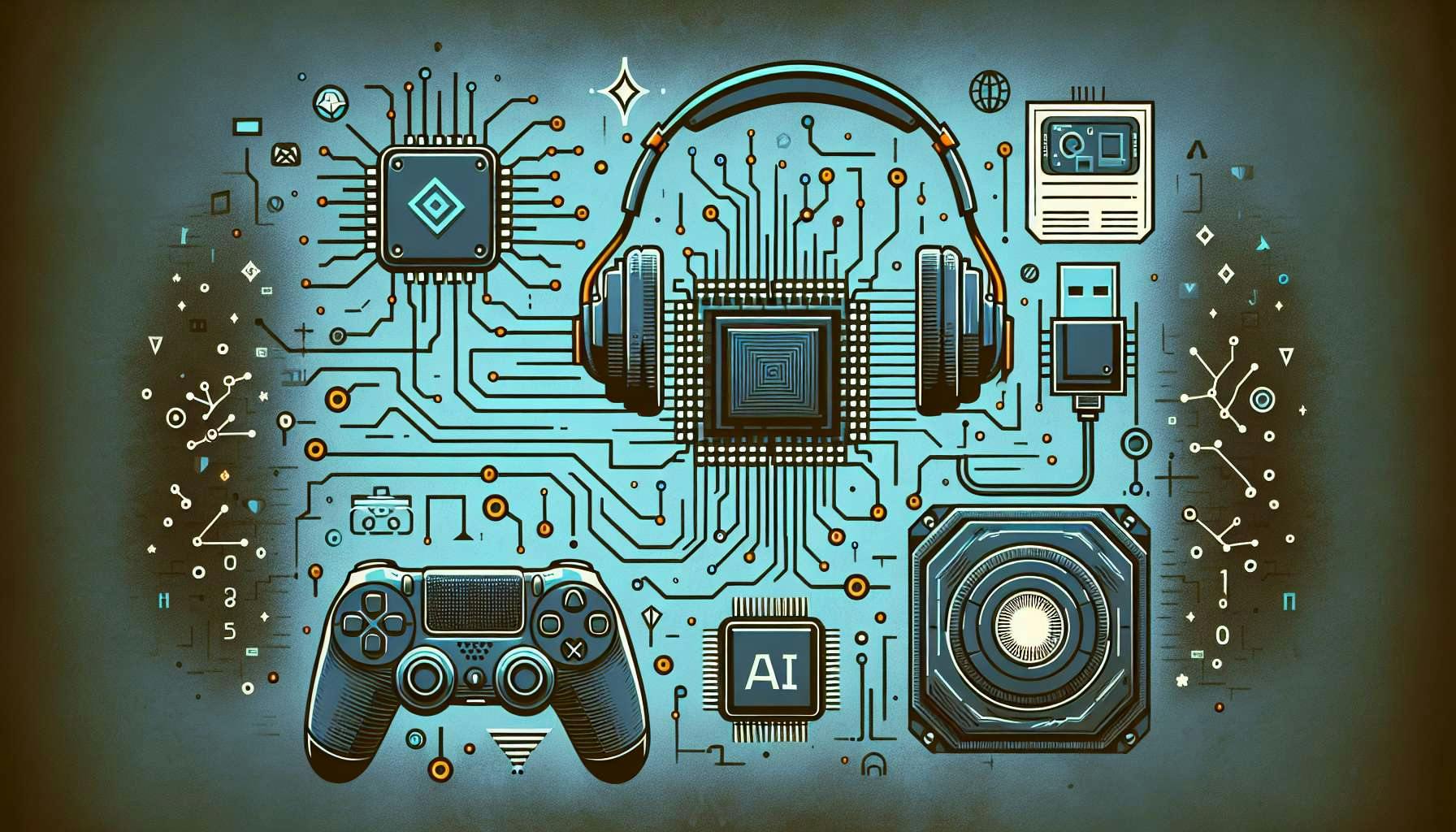
The "AI-generated dialogue" is any dialogue generated live during play using artificial intelligence, such as GPT-4. If the developers of a game say that their scripts were co-written or fully written with AI beforehand, this would not count. Mods do not count, only the game as released by the developers.
"dialogue" means the text/words must be live-generated by AI, and would not resolve just to deepfaked audio/voice if the text is not live-generated by AI (for example, if the text is generated by players, or was written by the developers).
To make verification easy for whether a game is "critically acclaimed" I will check Wikipedia's section for 2025 games that won awards at awards shows or achieved high scores from Metacritic (i.e. 90+).
See also:
🏅 Top traders
| # | Trader | Total profit |
|---|---|---|
| 1 | Ṁ4,675 | |
| 2 | Ṁ830 | |
| 3 | Ṁ280 | |
| 4 | Ṁ272 | |
| 5 | Ṁ263 |
People are also trading
https://x.com/IGN/status/1923528406089544040
does AI Darth Vader count? Or does the game need to have been initially released in 2025?
@Sodra I don’t think so
To make verification easy for whether a game is "critically acclaimed" I will check Wikipedia's section for 2025 games that won awards at awards shows or achieved high scores from Metacritic (i.e. 90+).
Fortnite wasn’t released this year and even if it was its Metascore is 78, not 90+
@Sodra That's an interesting piece of news. In addition to what @elf said (this game is old and so won't be critically acclaimed in 2025), the Darth Vader mechanic deepfakes player-generated inputs, that is, Fortnite now features live AI-generated audio/voice/deepfakes, but does not feature live AI-generated dialogue (i.e. text). Upon a reread of the description of this question, this intended meaning is the stronger interpretation but I can see someone thinking in-terms of audio as well or separately - so I'll update the description sometime tomorrow to clarify this second reason the Darth Vader example wouldn't count (even if it were featured in a critically acclaimed video game of 2025).
EDIT: I watched some videos of the Darth Vader AI and I am seeing that it does live-generate the text as well as deepfake the audio, and I seem to have misunderstood the feature from skimming a news article. So in-fact yes, counterfactually, had Fortnite been an award-winning 2025 game, this would count.
uh based on this i think “by 2025” & “critically acclaimed” are perhaps a little optimistic lol
@jgyou could you elaborate on why? haven’t kept up to date but I thought game developers + games media were pretty anti AI
@elf no reason. its a just a vibes based post. this market (and future ones) should never have even a higher % yes than the % (additive per year) of games released in a year which release to 'critical acclaim' to begin with. 23% of games, nowhere near that even, release to that level of praise, without even factoring in whether something like LIVE ai generated/LLM written dialogue is in it, AND it's good enough it overshadows people's preconceived biases about it.
@NoahRich I'm pretty sure you're wrong that this market should never exceed the percent of games released in a year which release to critical acclaim. For example if 90% of triple-a games use ai-generated dialogue because they are corporations that want to not pay voice actors and 10% of triple-a games are critically acclaimed, then the odds of one of those being critically acclaimed is much higher than 10% or the lower percent for games in general. These numbers are obviously made up, but the point still stands I think.
@bluerat if I'm understanding you correctly your point is simply that... big budget studio games have a higher chance of being critically acclaimed than non-big studio games, and therefore the odds should be much higher than the share that get xritically acclaimed across the industry.
idk maybe i could agree with that! but I do think the industry is shifting to not overly weigh big budget studio games as much anymore. maybe the shift is much slower than I am fantasizing about though. you make a fair point
@NoahRich no, that's not really my point, though I get how that's how you interpreted it, I phrased it badly, let me try again. My point was more that as more games with ai generated dialog are made, the higher above the percent of games that are critically acclaimed this market should go.
## Reasons to have AI-generated dialogue in a videogame:
- It's more dynamic and adaptable than a normal dialogue tree.
- Players might like screwing with it.
## Reasons not to have AI-generated dialogue in a videogame:
- Reasonably good LLMs don't run fast enough to be hosted locally, and people don't like online-only games.
- If you're using online hosting, you either have to pay another company to do it, which would make the future uncertain, or do it yourself, which is more overhead.
- No guarantee about how it will respond.
- You still have to put in the leg work to hook it up to the rest of the game systems, which does not have much prior work to build off of, and could turn out to be a highly complex task.
- You still have to pay writers to set up the context and world.
- You'll be paying for AI bandwidth until you shut down the servers, at which point that part of your game stops working, if not the entire thing.
- You'll be inviting ethical criticism for using an LLM in your game.